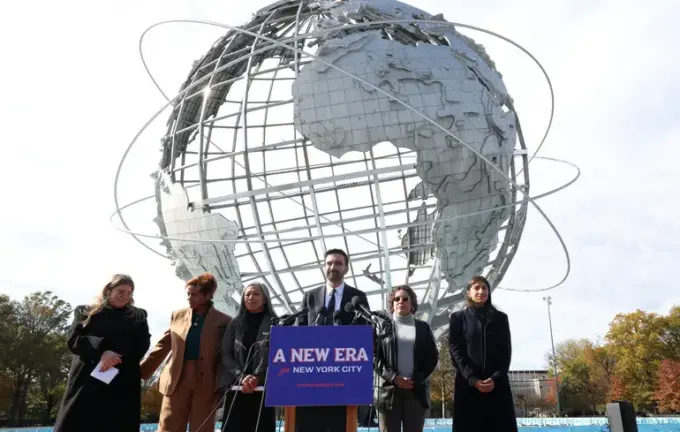American Democracy and Internal Challenges Post-2023 Elections

The recent local elections in the United States, held on November 4, once again highlighted the complexity and multifaceted nature of contemporary American politics.
Victories by Democratic candidates in New Jersey and Virginia indicate consolidation among certain voter segments, while simultaneously revealing internal contradictions that could influence future national electoral campaigns.
Notably, New York City elected Zoran Mamdani, a progressive, populist-leaning candidate representing the left wing of the party, who actively promotes populist slogans and aims to transform city politics according to his ideals.
These successes evoke mixed feelings within the Democratic Party: on one hand, they confirm the popularity of its candidates among specific societal groups; on the other, they signal internal tensions and potential conflicts in the strategic planning for upcoming elections.
Experts observe that opening political fronts at the local level can either strengthen or destabilize internal party cohesion, complicating coordination at the national level—an issue especially relevant ahead of the 2028 presidential elections.
While these victories provide a psychological boost, internal disagreements and strategic divisions remain unresolved challenges for Democratic leadership.
Given the increasing polarization and influence of radical political forces, questions about future direction and alliances are becoming critical, as they directly impact the stability of American democracy and its capacity to respond effectively to internal and external challenges.

